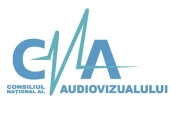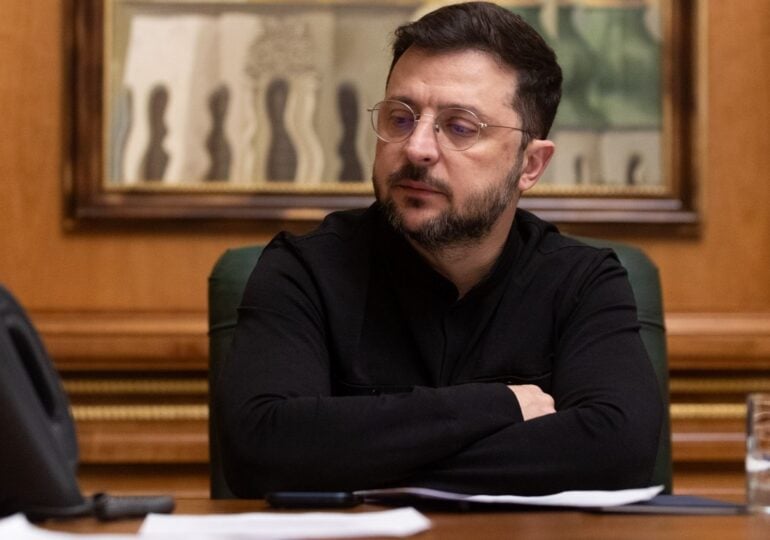Over 70% of Romania's public employees say that their current income does not fully reflect the volume and complexity of the work done and agg that they want higher pay, either "a little higher" or "significantly higher", according to a survey conducted by the APSAP Training Centre nationwide.
Almost 5,000 public employees answered essential questions about how they work, what hinders them, what motivates them and what they expect from the system in which they operate.
More precisely, according to the results, more than 50% of respondents say that their current pay "should be a little higher", and 20% believe that it should be "significantly higher". However, 29% consider it correctly related to the work done.
"In reality, the pay of public administration employees is not high at all. Compared with their counterparts elsewhere in the European Union, both management and non-management positions are paid significantly less in Romania. We have an extraordinary human resource, very well-trained people who can work exemplarily in the service of the citizen, but there is a need for consistent national policies that push the public administration towards its real potential," according to Bogdan-Costin Farsirotu, chairman of the APSAP Training Centre.
At the same time, the survey shows that 85% of respondents hold non-management positions and 15% hold management positions.
The distribution of monthly incomes shows a moderate polarization, with the highest concentration in the range of RON 5,000-7,000 net.
Thus, 1.4% of respondents have incomes below RON 3,000; 26.7% of those surveyed have incomes between RON 3,001 and RON 5,000 lei; 36% of respondents between RON 5,001 and RON 7,000; 23%, between RON 7,001 and RON 9,000; 5% (RON 9,001-10,000); 4.7% (RON 10,001-12,000); 1.7% (RON 12,001-14,000); 0.7% (RON 14,001-16,000), and 0.9% of respondents have an income of over RON 16,001.
The study also shows that over 33% of the public employees who participated in the survey have been working for over 15 years in the same institution, 8.2% for 11-15 years, 17.6% for 7-10 years, 18.4% for 1-3 years, 15% for 4-6 years, 7.5% for less than one year.
"The public administration in Romania remains a stable environment, with a consistent core of long-standing employees. Over a third of the respondents have been working for more than 15 years in the same institution, which shows loyalty and accumulated experience, but also an increased need for modernisation and motivation for the new generations that enter the system," according to Farsirotu.
Respondents are noted for a high level of educational attainment. Thus, almost half of the state employees, more precisely 49%, have graduated from a master's programme, which confirms a trend of professionalisation of human resources in the public sector.
At the same time, 41% have a bachelor's degree, while 6.7% have completed only secondary education, and 3.7% have pursued doctoral studies, which indicates a significant proportion of specialists with advanced training in public institutions.
They work in several types of public institutions, as follows: 32.1% - central public administration (government, ministries, other specialist central bodies under the authority of the government or ministries); 32.4% - local public administration (local councils, mayors and county councils); 18.8% - state-owned company/autonomous public; 16.7% - other.
Established in 2014, the APSAP Training Centre is a non-governmental organisation in Romania specialising in providing professional training programmes for the public and private sectors. APSAP has in its portfolio over 250,000 active participants and a team of 75 exceptional trainers.
The courses offered by APSAP are diverse and cover areas such as human resources, data protection, digital skills, digital marketing and social media, public speaking, entrepreneurial skills, and project management. All programmes are accredited by the Ministry of Labour and the Ministry of Education, guaranteeing a high standard of quality.
































Comentează